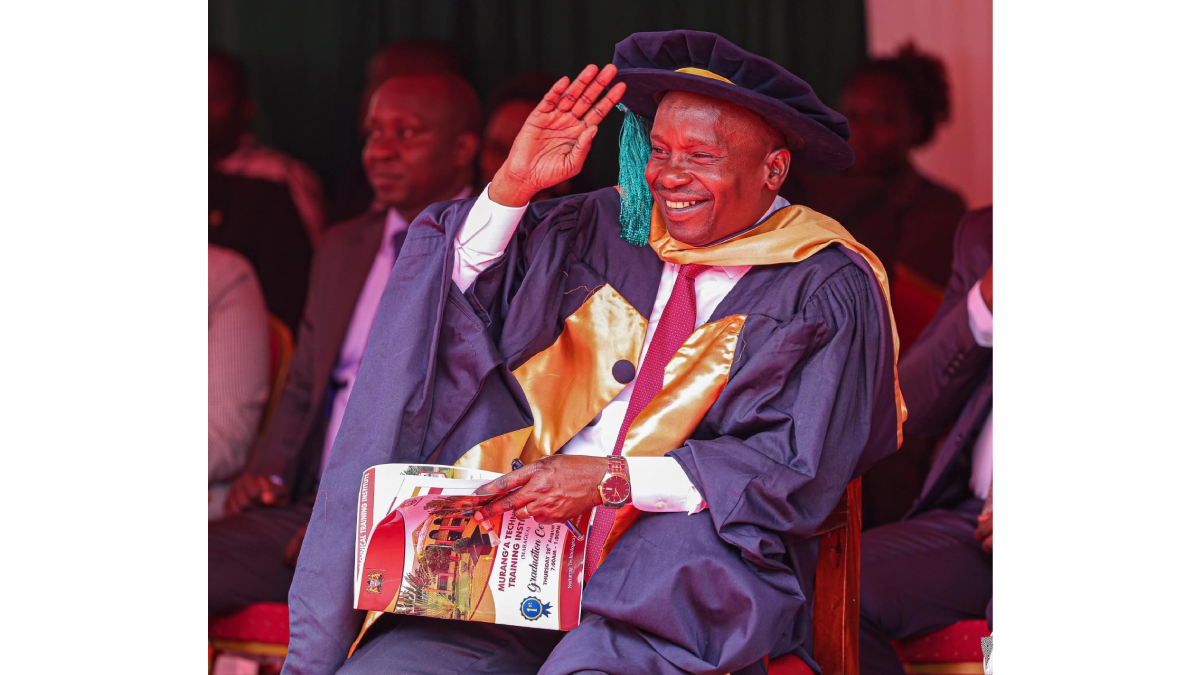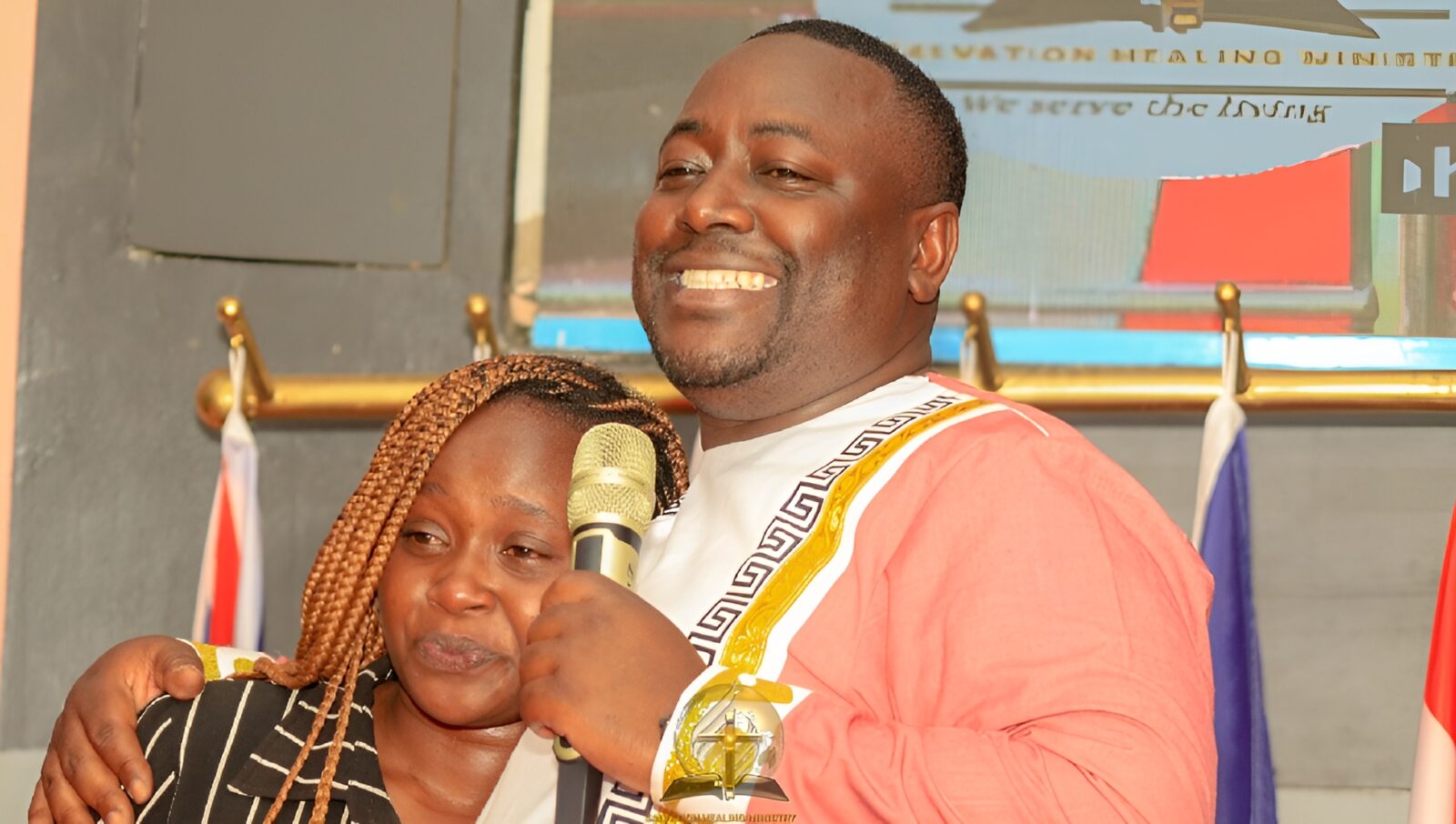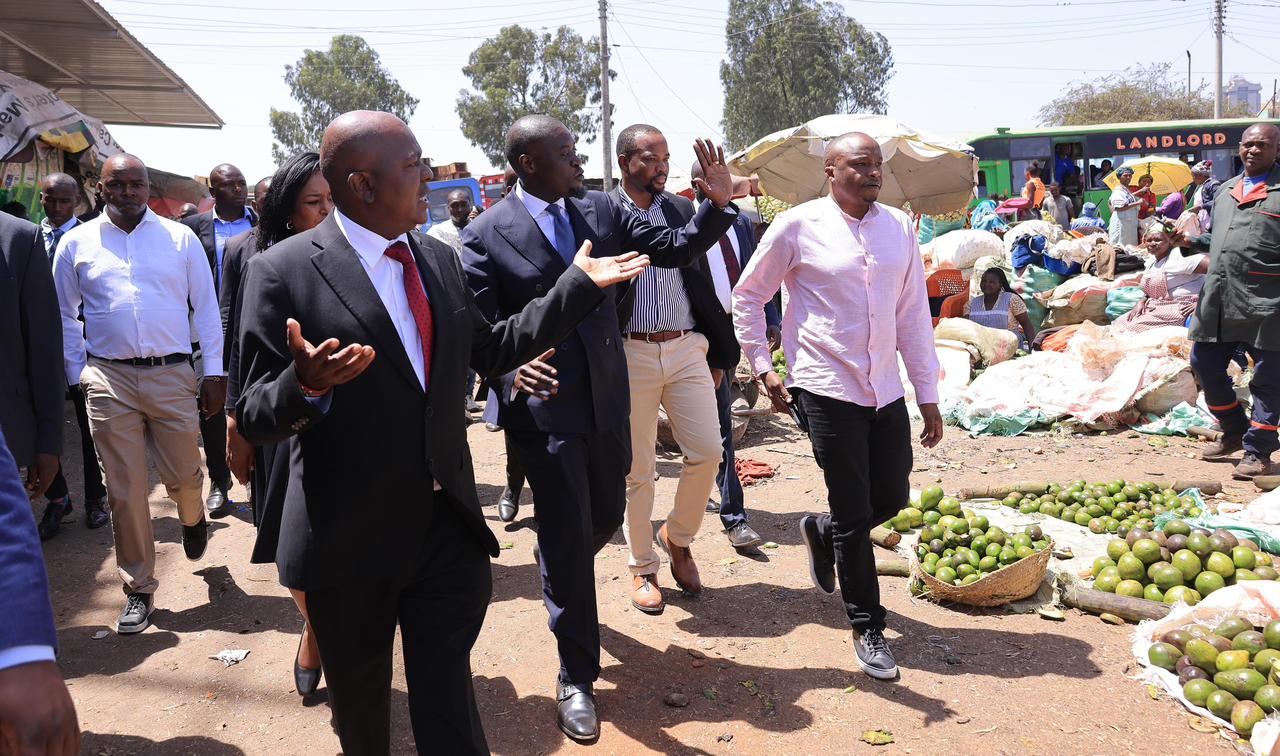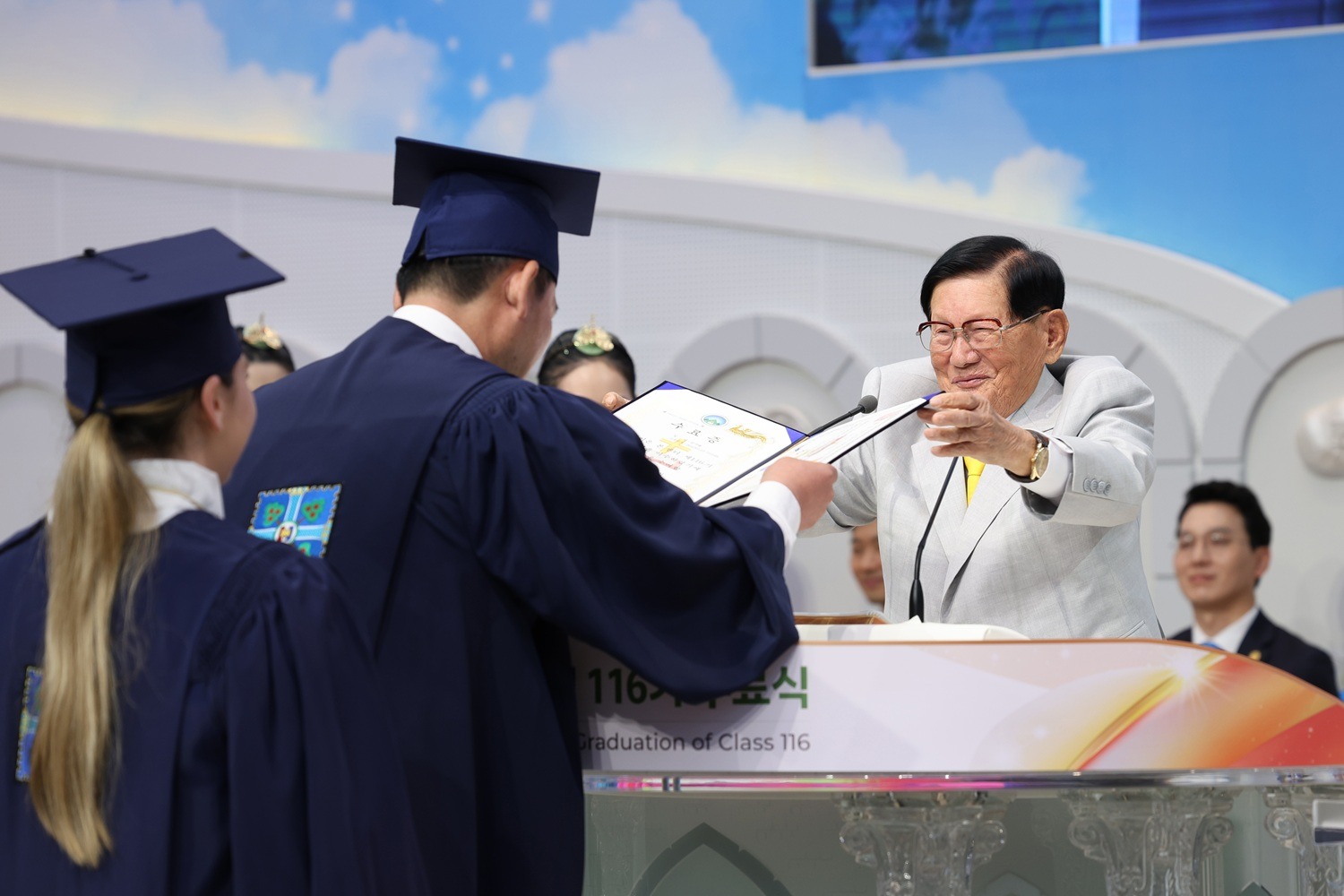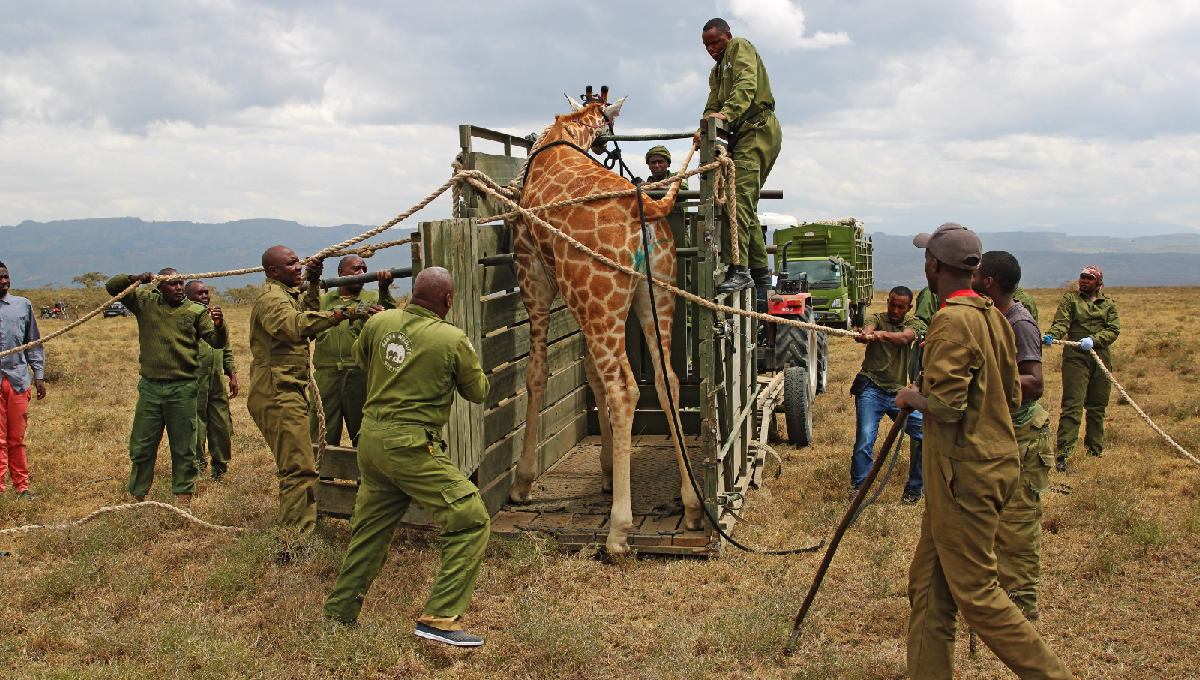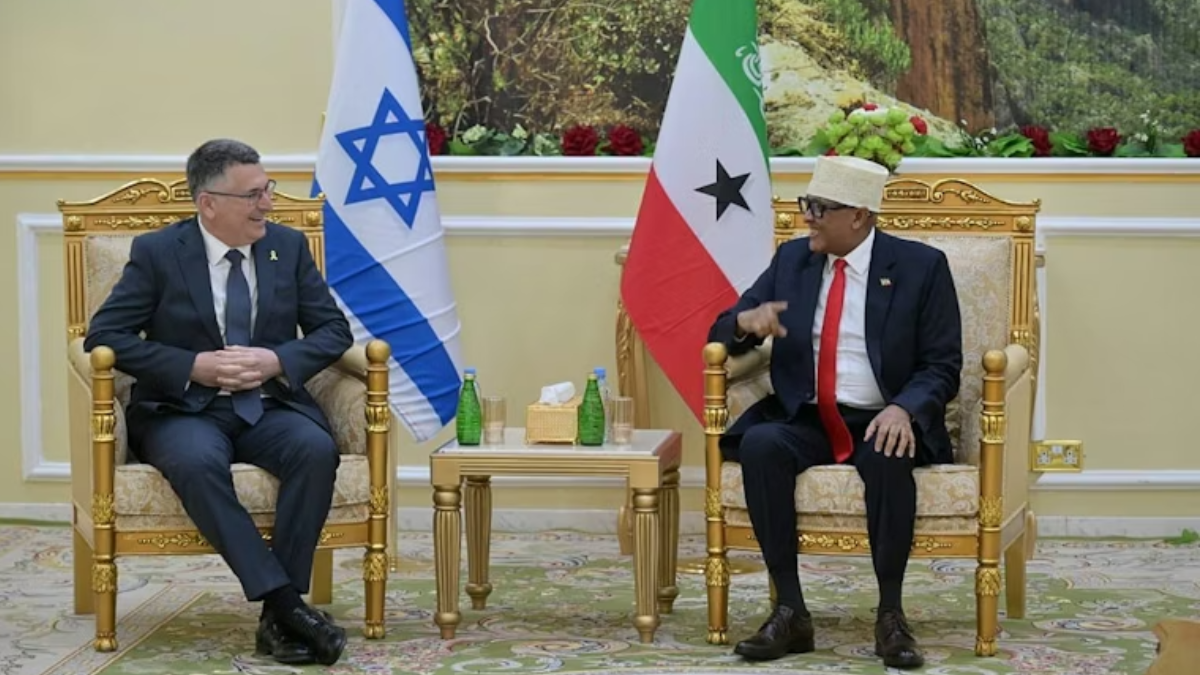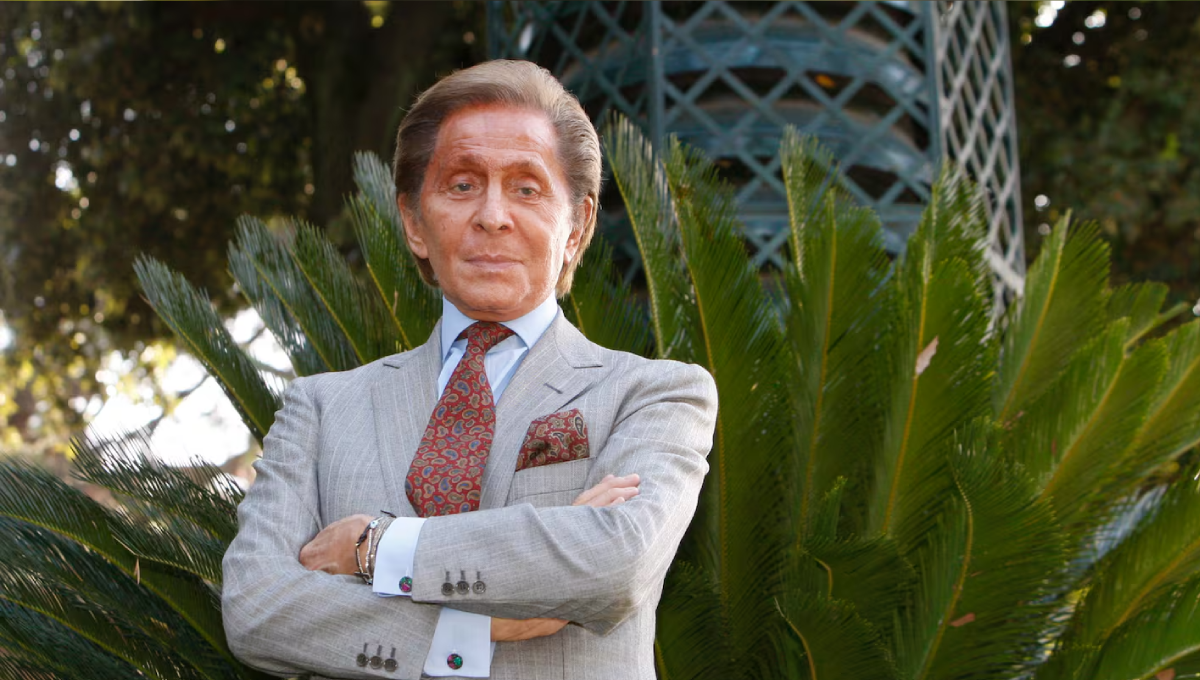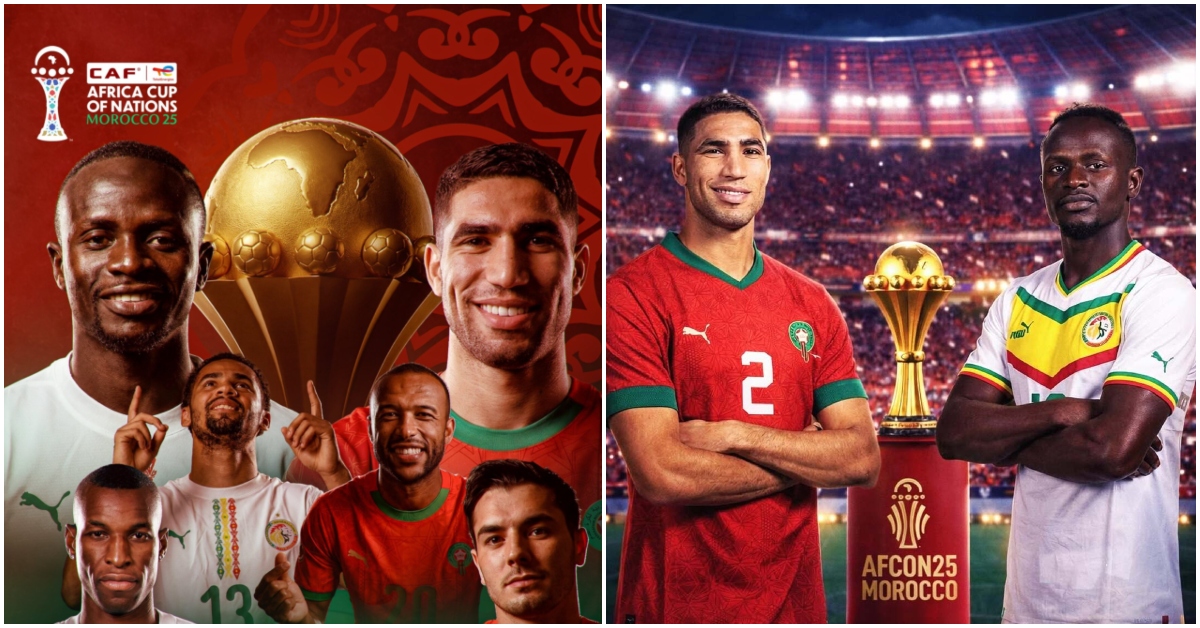Deputy President Kithure Kindiki has emerged as one of the most vocal champions of Kenya’s Competency-Based Education (CBE).
As the country prepares to admit its first Grade 10 cohort into senior secondary school, he frequently points to the reform as a turning point. That moves Kenya’s education beyond examinations to a system that not only aligns with the job market, but also recognises the diverse, and often neglected, talents, gifts, and interests of young people.
Giving every child the opportunity to grow in the area where they excel, by nurturing their interests and talents, rather than forcing them into a one-size-fits-all system.
A professor of law and long-time academic, Prof. Kindiki has projected renewed confidence in the curriculum, replacing the 8-4-4 model.
He has emphasised that education must be more than a measure of test scores, describing it instead as a platform for nurturing critical thinkers, innovators, and problem solvers.
Beyond STEM, he has argued for investment in pathways such as sports, the arts, and social sciences, highlighting their potential to broaden inclusion, unlock opportunities, and strengthen Kenya’s education system for the future.
Speaking at the Murang’a Technical Training Institute graduation ceremony on August 28, 2025, he underscored that “Going forward into senior school from January 2026, the children going to Grade 10, Grade 11, and Grade 12 will not study everything the way we used to under 8-4-4. We have introduced pathways. So you concentrate on the pathway that the child is best suited for. Some children are going to concentrate on STEM as another pathway. Some are doing music and the creatives, others are doing sports, others are doing artistic performance,” he said.
Adding that “ Start early enough, don’t waste their youth because again, sports and games, these talents, people retire very early. So, if they spend a lot of time in school reading things that are not relevant to their skills, you waste their time. So prepare them early, they start earning early, they use their talent early because the retirement age for sports is quite early compared to other areas.”
In a lighthearted moment, Prof. Kindiki illustrated why pathways matter: “You are teaching them, I don’t know, history, you are telling them about Vasco da Gama. Now, how does Vasco da Gama assist him? This is a footballer. The child is a footballer. They just need to be nurtured, improved, and they are good to go?”


